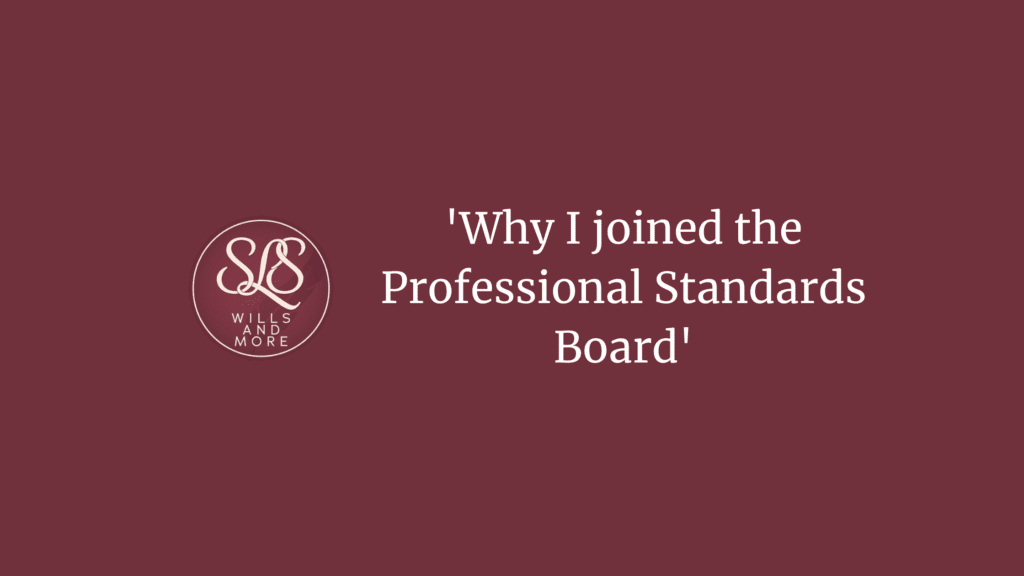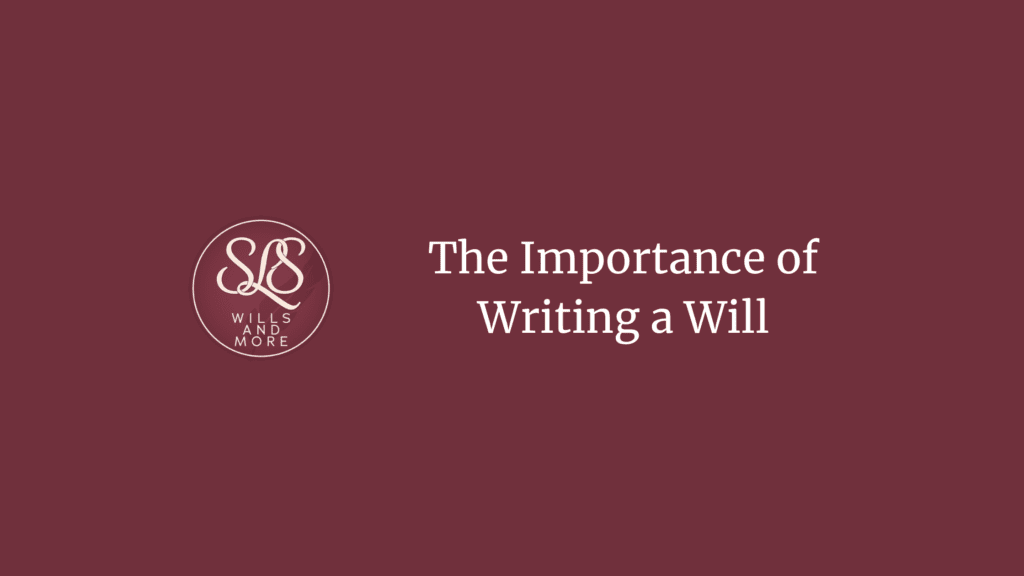How can I protect my estate from a Will being challenged?
This is an incredibly complicated subject and one that we are starting to hear more about as time goes on in the profession. There are lots of reasons why someone may want to benefit from an estate and the reasons that we hear a lot are; The term given to someone who doesn’t benefit from an estate when they expect to, is ‘disinherited’. Sometimes, the testator simply changes their mind and according to the laws of England and Wales, we are entitled to leave our estate to whomever we choose. This principle is known as ‘Testamentary Freedom’. It simply means that we have a choice as to what happens to our assets and who we want to benefit. Surely this means that if a testator (the person writing the Will) chooses to disinherit someone then that’s final? Not always… In some countries, family members will inherit regardless under what is known as ‘forced heirship’ but in England and Wales we can choose to give our estate to charity rather than have our children benefit if we wish. There are some considerations that need to be taken into account which erode the principle of testamentary freedom and sound a little more like forced heirship. Put simply, and whilst it’s not always the case, a child may choose to challenge a Will if they’re not happy. Not just a child either. If someone feels like they promised part of an estate, they may choose to challenge an estate. In the case of Ilott v Mitson, an estranged daughter challenged the wishes of her mother who wanted to leave her estate to a charity as she felt like she was entitled to more! This case went to the Supreme Court. What will then happen under a challenge is that a solicitor will start to investigate whether you have a claim against the estate. These will be contentious probate specialists. In some cases there may be a claim under the Inheritance Act 1975 – also known as Inheritance (Provision for Family and Dependents) Act 1975. In the profession, we call this a 1975 claim. Here, and by way of an example, children may claim against the Will of their parents where they feel they have not been left ample or reasonable financial provision. In some cases where a challenge against a Will has been raised, the challenger may suggest that a ‘the Will’ is not the latest or newest Will or that the testator didn’t have capacity to make a Will in which case they may be looking to benefit from an intestacy or even from a previous Will which was more favourable. As mentioned above, it’s an incredibly complex subject and these are some issues that can arise if you make a Will yourself (DIY Will) or when you don’t seek the right advice. A key consideration here is that these issues and challenges don’t tend to raise their head or come to light until after you’ve died by which time, mistakes cannot be rectified and court cases are no-doubt costly. At SLS Wills and More, we take care to ensure that we understand if you’re looking to exclude anyone, who it is, and whether a claim could/might be made in the future. Additionally, we take detailed notes to support in the event that a future claim is made. Lastly, we provide advice to help ensure that your wishes can be carried out when you’re no longer around. If we believe there may be a challenge in the future, we will suggest how to prevent it being successful. All of this being possible because you’ve chosen a trustworthy professional with over 35 years experience to support you. Got a question, get in touch.















